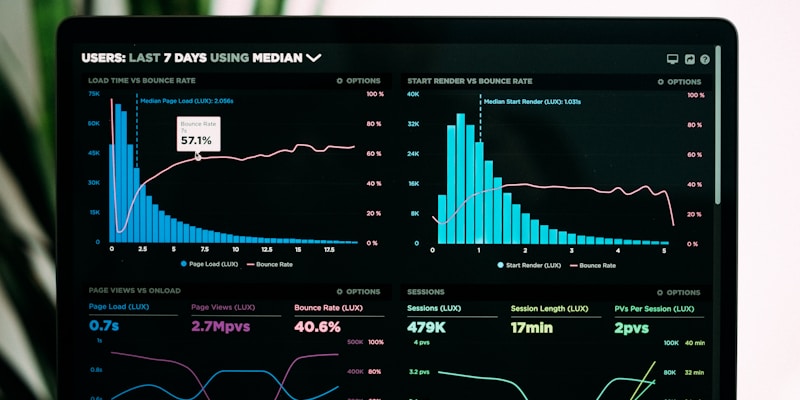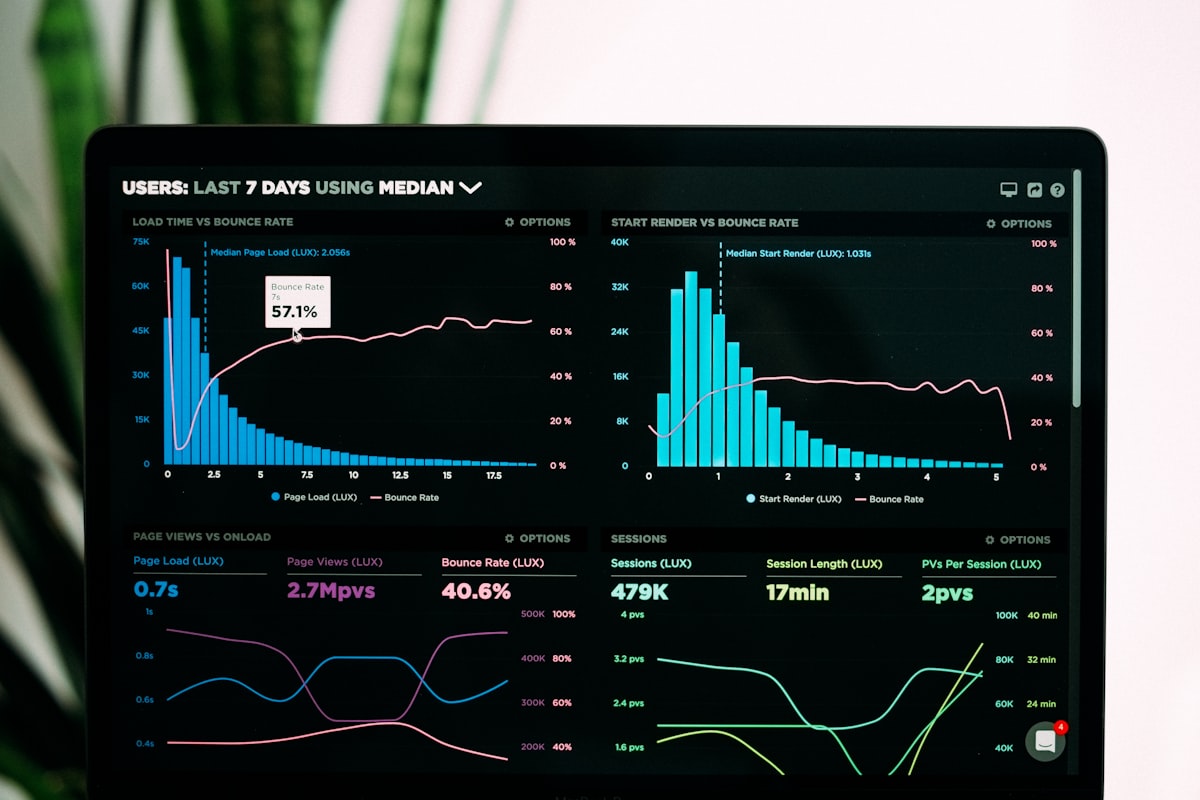Top 8 AI Tools for Research in 2025: Academic Excellence
Top 8 AI Tools for Research in 2025: Academic Excellence
Introduction
Research in 2025 has been transformed by AI-powered tools that accelerate literature reviews, enhance data analysis, and streamline scholarly publishing. These intelligent platforms are helping researchers achieve breakthrough discoveries while reducing the time and effort required for traditional research processes.

How AI is Transforming Academic Research
AI has revolutionized research by:
- Automating literature review and meta-analysis processes
- Enhancing data collection and statistical analysis
- Accelerating hypothesis generation and testing
- Improving research collaboration and knowledge sharing
- Streamlining manuscript writing and peer review
Top 8 AI Tools for Research in 2025
1. ResearchRabbit
ResearchRabbit provides AI-powered literature discovery and research workflow management.
**Key Features:**
- AI-driven paper recommendation engine
- Automated citation network mapping
- Smart literature review organization
- Collaborative research workspace
**Pricing:** Free plan available, Pro at $9/month, Team at $29/month
**Best For:** Academic researchers and graduate students
2. Elicit
Elicit leverages AI to automate systematic reviews and research synthesis.
**Key Features:**
- AI-powered literature search and screening
- Automated data extraction from research papers
- Intelligent evidence synthesis and summarization
- Collaborative systematic review management
**Pricing:** Free plan available, Researcher at $15/month, Team at $50/month
**Best For:** Systematic review authors and evidence synthesis researchers
3. Consensus
Consensus provides AI-powered scientific consensus discovery from research literature.
**Key Features:**
- AI-driven scientific question answering
- Automated meta-analysis and effect size calculation
- Evidence-based consensus identification
- Real-time research insight generation
**Pricing:** Free plan available, Pro at $12/month, Team at $49/month
**Best For:** Evidence-based decision makers and policy researchers
4. Iris.ai
Iris.ai offers AI-powered research assistance with comprehensive scientific literature analysis.
**Key Features:**
- AI-driven research project mapping
- Automated scientific literature clustering
- Intelligent research question generation
- Cross-disciplinary knowledge discovery
**Pricing:** Explorer at $99/month, Researcher at $199/month, Enterprise at custom pricing
**Best For:** Interdisciplinary researchers and R&D teams
5. scite
scite provides AI-powered citation analysis and research validation tools.
**Key Features:**
- AI-driven citation context analysis
- Automated claim verification and validation
- Smart literature recommendation based on citations
- Research impact and influence tracking
**Pricing:** Free plan available, Premium at $9/month, Institution at custom pricing
**Best For:** Researchers validating scientific claims
6. Connected Papers
Connected Papers offers AI-powered research paper relationship mapping and discovery.
**Key Features:**
- AI-driven citation network visualization
- Automated related paper discovery
- Smart research field mapping
- Collaborative paper recommendation
**Pricing:** Free plan available, Pro at $7/month
**Best For:** Researchers exploring new fields and connections
7. Semantic Scholar
Semantic Scholar leverages AI for comprehensive scientific literature search and analysis.
**Key Features:**
- AI-powered paper recommendation and ranking
- Automated key insight extraction
- Intelligent citation analysis
- Real-time research trend tracking
**Pricing:** Free access to all features
**Best For:** All researchers seeking efficient literature discovery
8. Zotero AI
Zotero combines AI-powered reference management with intelligent research organization.
**Key Features:**
- AI-driven citation and reference management
- Automated PDF annotation and summarization
- Smart research library organization
- Collaborative bibliography sharing
**Pricing:** Free open-source software, Zotero AI at $20/year
**Best For:** Students and researchers managing large bibliographies
Comparison Table
| Tool | Primary Function | Pricing Model | Best For |
|------|------------------|---------------|----------|
| ResearchRabbit | Literature Discovery | Free | Academic Researchers |
| Elicit | Systematic Reviews | Free | Evidence Synthesis |
| Consensus | Scientific Consensus | Free | Policy Research |
| Iris.ai | Research Mapping | $99/month | Interdisciplinary |
| scite | Citation Analysis | Free | Claim Validation |
| Connected Papers | Paper Relationships | Free | Field Exploration |
| Semantic Scholar | Literature Search | Free | All Researchers |
| Zotero AI | Reference Management | Free | Bibliography Mgmt |
Implementation Guidelines
- **Assess Research Workflow**: Identify specific areas where AI tools can enhance your research process
- **Start with Literature Review**: Focus on AI tools that accelerate paper discovery and synthesis
- **Ensure Data Quality**: Maintain clean, accurate data for optimal AI performance
- **Train Your Team**: Educate research team members on new AI capabilities
- **Monitor Research Impact**: Track improvements in research efficiency and quality
Future Developments
Upcoming advancements in AI research tools include:
- Advanced natural language processing for complex scientific texts
- Enhanced automated hypothesis generation and testing
- Improved cross-disciplinary knowledge integration
- Real-time collaborative research environments
- Automated peer review and manuscript improvement
Conclusion
AI tools are fundamentally transforming research by accelerating literature discovery, enhancing data analysis, and streamlining scholarly communication. As these technologies continue to evolve, researchers who strategically adopt AI solutions will be better positioned to make significant contributions to their fields.
When evaluating AI research tools, prioritize solutions that integrate well with your existing workflow and address your specific research challenges. Consider starting with free versions to assess effectiveness before investing in premium features.
